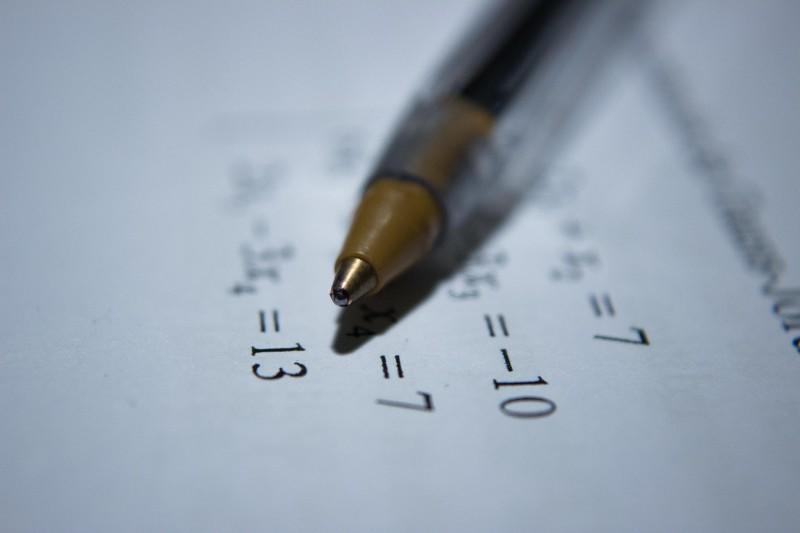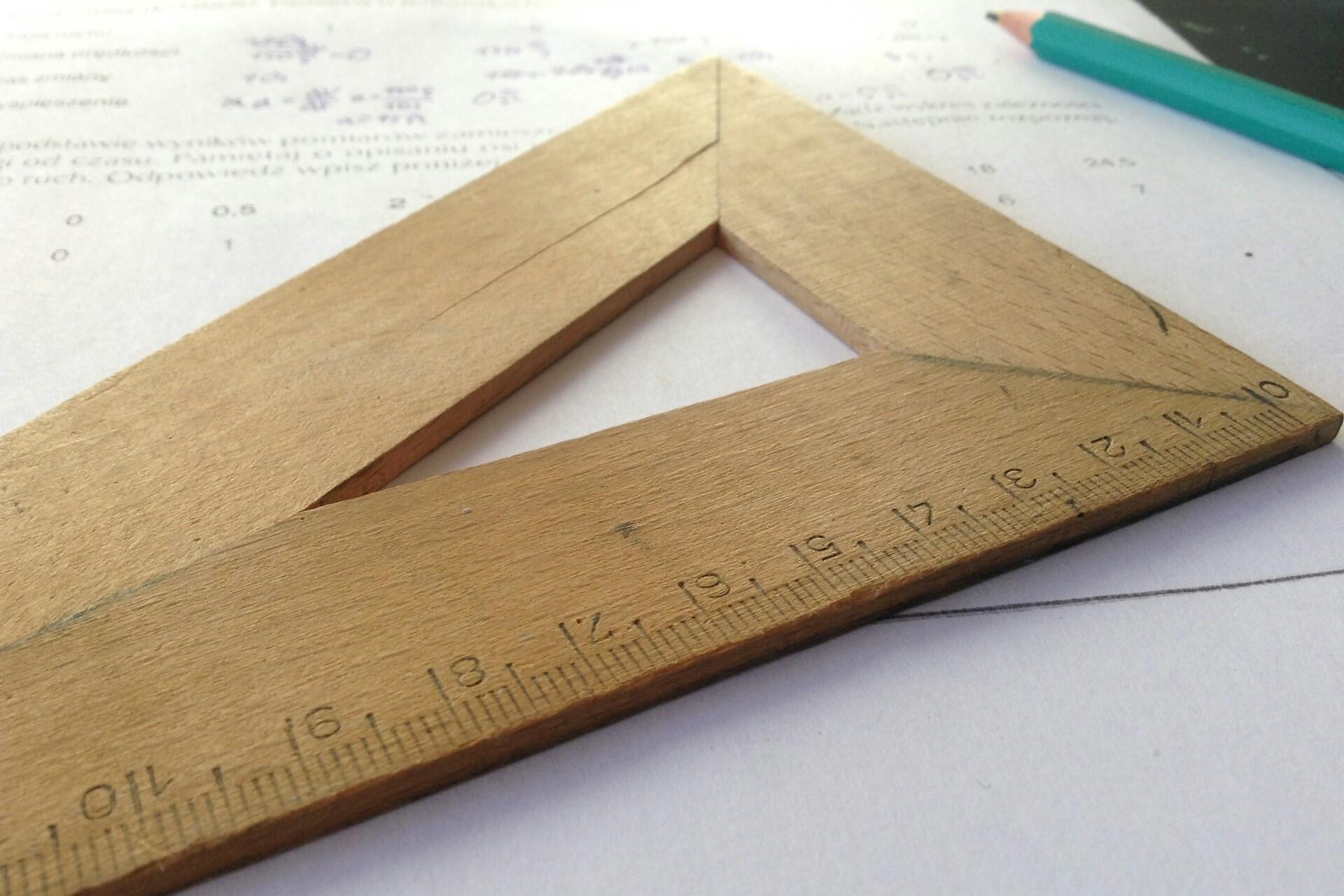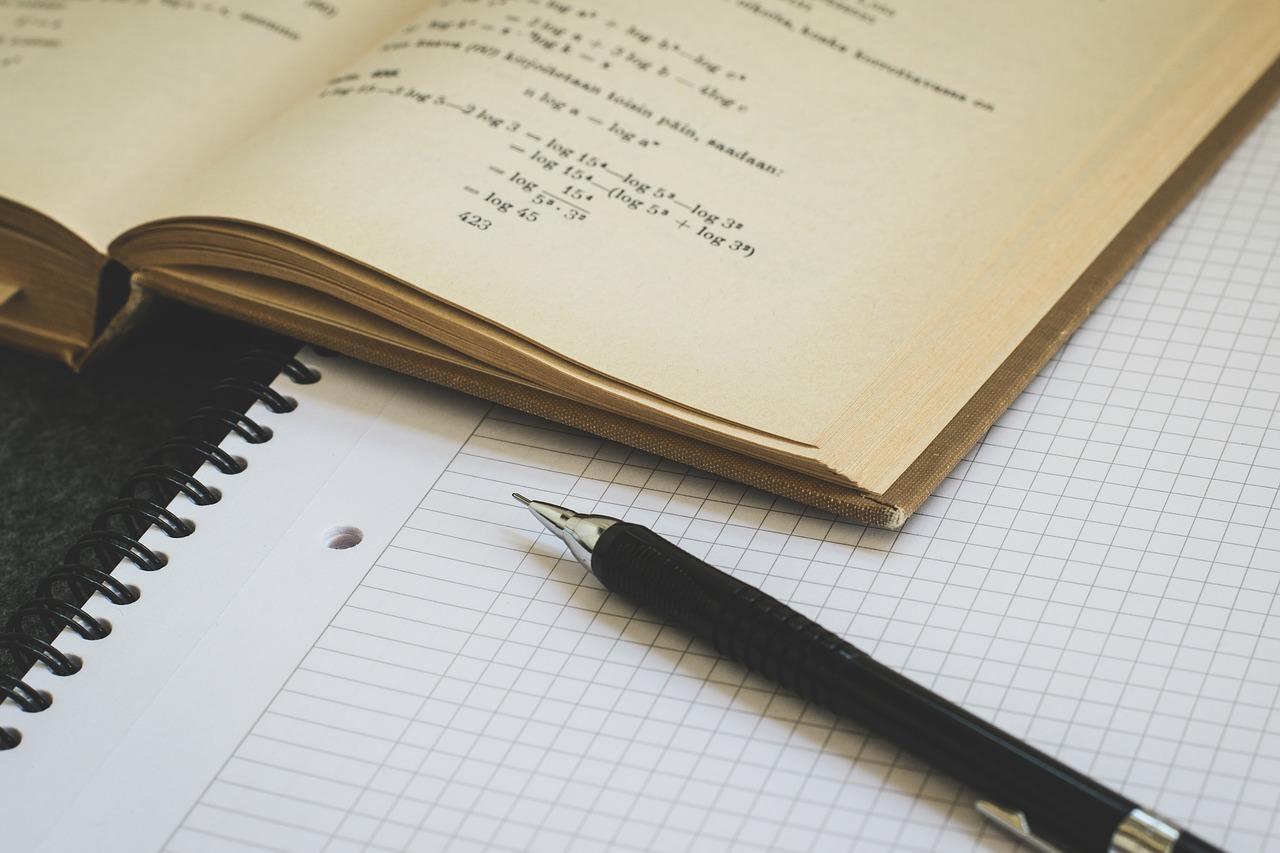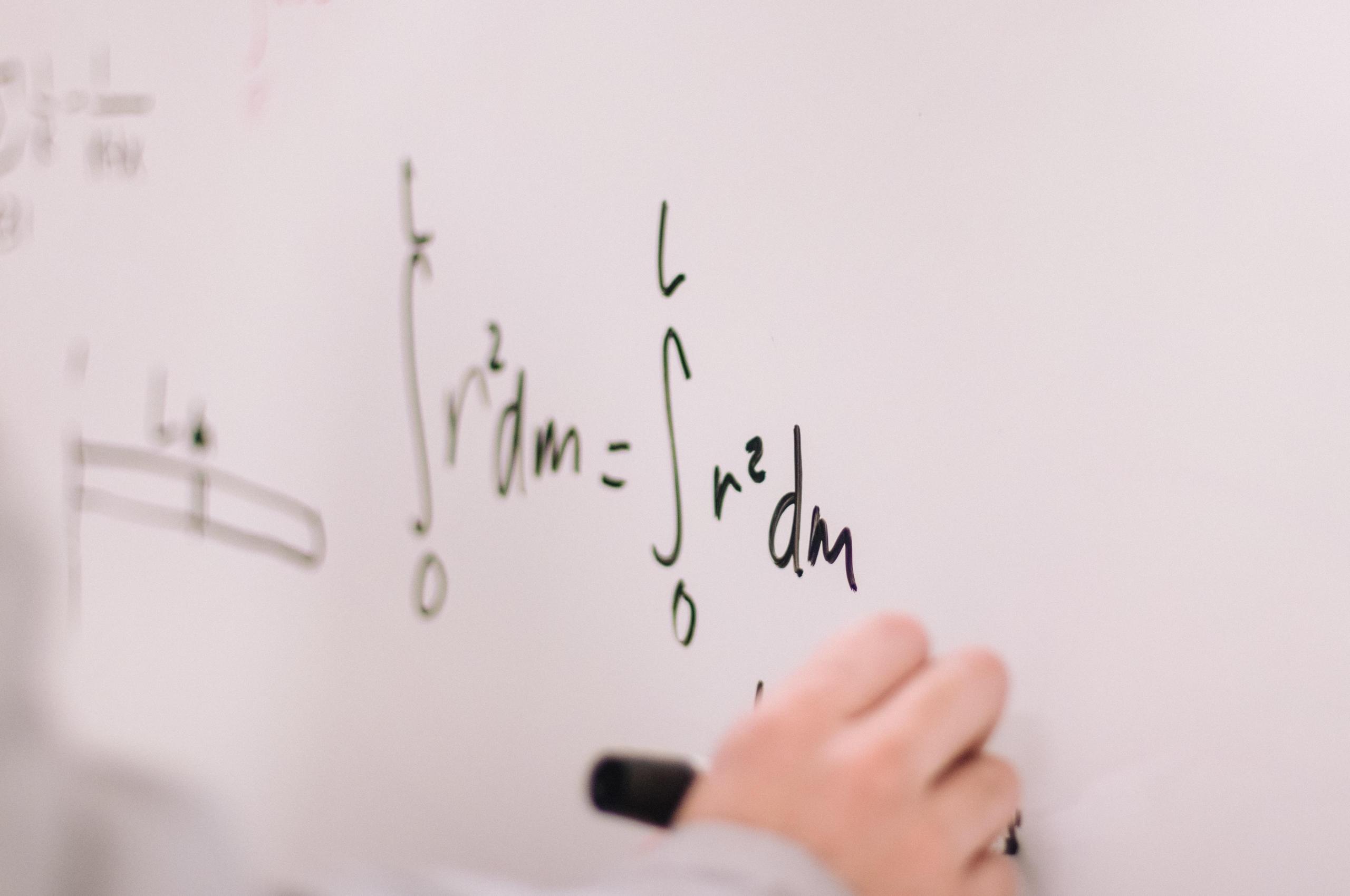Mathematics is a subject that simply cannot be avoided. Some people love it but, if we’re being honest, even just the idea of studying maths gives most people feelings of anxiety.
The importance of maths for children, students and adults has never been greater. STEM subjects are the basis for the technologies of tomorrow, meaning the careers of tomorrow will be mostly in these areas.
Before we even take a single maths class, many of us have been pre-wired to believe that maths is hard.
Daily, we hear people say things like:
- “maths is so hard”
- “I hate maths”
- “I can’t do maths”
- “Maths is impossible”
So before we even get a chance to see it for ourselves, we have witnessed a lot of negativity about the subject. But what is it about maths that makes people fear and dislike it so much?
Let’s investigate!
“Maths is like learning a language: you need to learn the basics to get going, but a lot of adults go into blind panic about numbers and switch off.”
-Rachel Riley


Can I Learn Maths, if I’m Not a Maths Person?
There is a myth, and I’m not quite sure where it came from, in fact, I’m not sure anybody is, but it is said that you’re either in math person or you’re not. I think this myth only enhances people’s fear and dislike of maths. It creates a panic, why did I’m not a maths person how am I supposed to understand maths?
This is simply not true, I refer to a favourite book of mine, it’s called Limitless Mind by Jo Boaler, which states that anyone is capable of learning anything and at any stage of life. Therefore, despite how impossible you may think it is, anyone is capable of learning maths.
So before we go any further, let’s dispel this whole idea of not being a maths person. Everyone is a maths person, in fact, maths is probably the only universal language we have. Numbers are the one thing the whole world shares we may all speak in different tongues, but 90% of people who see 2+2= written on a paper will know the answer is 4, no matter where they come from.
“I was quite good at football once, although other than that my speciality would be maths. I'm great at sudokus and find all the spin-off games pretty easy too.”
-Gary Lineker

Real Reasons You’re Struggling With Maths
Despite the generalised fear the world seems to have of maths, some people genuinely struggle with the subject. Let’s take a look at some of those reasons mathematics gives people such anxiety below:
- You’re memorising not problem-solving. Math is about finding the relationship between things and problem-solving. Working through practice problems makes you better at solving math problems, but only if you take the time to understand the problem and the steps to finding a solution.
- You’re not aware of the importance of math in the real world. We use Maths every single day, from the moment we get up, simple tasks involve maths skills like calculus. For example, an estimation of how much something costs or how long a trip will take is often the difference between an avoidable headache and an inescapable nightmare.
- You may have a learning disability.
- You may have a learning disorder called Dyscalculia. Dyscalculia causes students to struggle with math at many levels. Anything related to formulas, shapes, and the comparison of relationships between spaces and quantities will give a student suffering from dyscalculia trouble. Dyscalculia makes it difficult for people to solve basic and abstract math problems.
- Dyslexia is a learning disorder that involves difficulty reading due to problems identifying speech sounds and learning how they relate to letters and words. Students with dyslexia will have serious problems working with word problems. Both of these conditions are considered learning disabilities and should be diagnosed and treated if you suspect that you or someone you know is suffering from them. These learning disabilities, not only affect students in school but can also affect their daily life.
But remember, it is possible to learn those vital, but basic mathematical skills and no matter what level you start at or where you need help, you must make sure you acknowledge any weak spots in your math foundation and fill the gaps. The only way to strengthen your maths knowledge is with practice and understanding!
Having basic maths skills not only increases your employability but also, in many circumstances it will make your job easier.
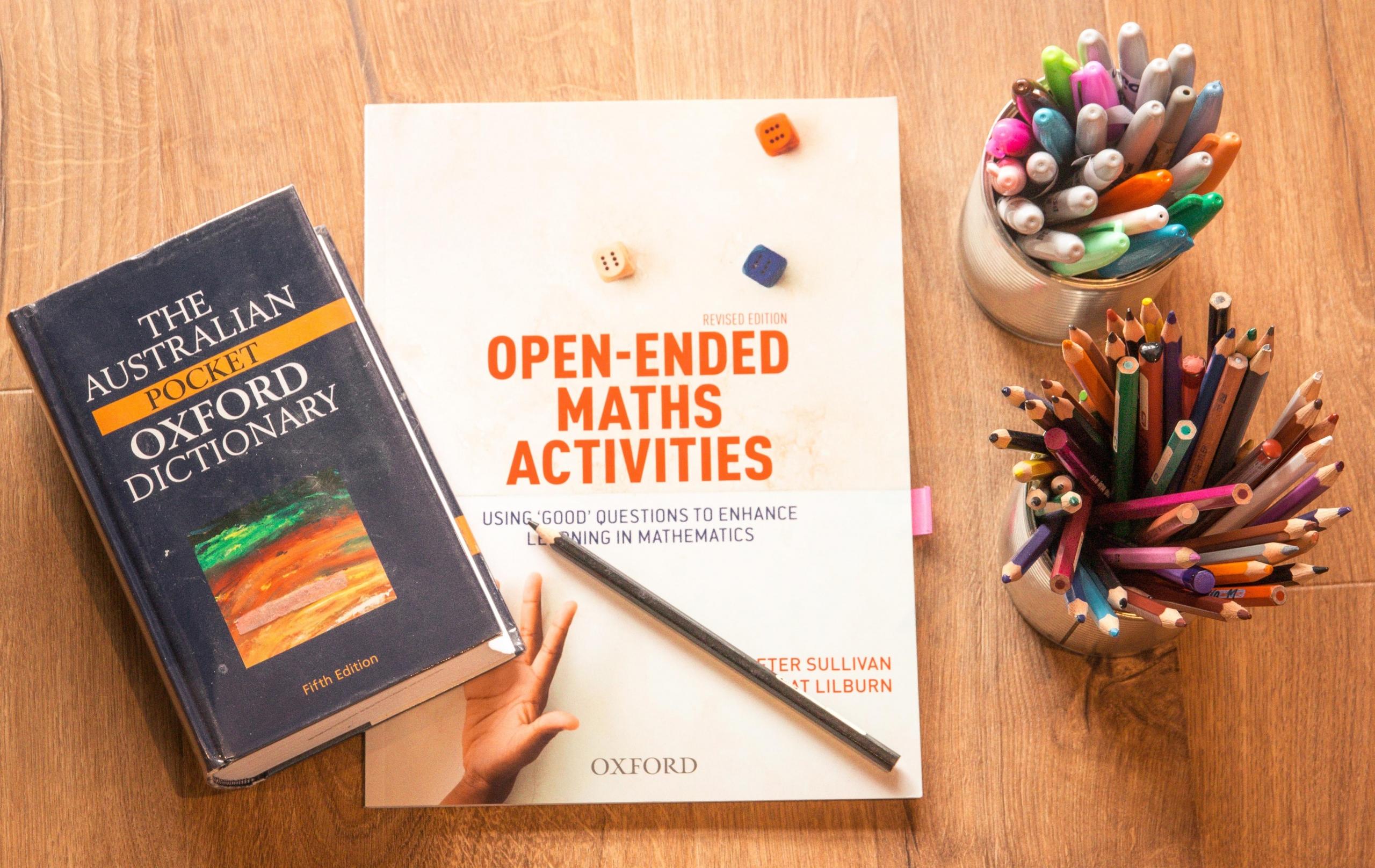
How To Make Learning Maths Less Difficult?
The first thing it's important to acknowledge is that almost every question in the Mathematical world is referred to as a problem and problems require solving. Therefore from the moment, we read the word 'problem' we know, there is a task ahead of us.
The first step in dealing with difficult problems is to accept and understand their importance. Don’t avoid them. They will teach you a lot more than a worksheet full of easy problems because you have to work at them, yes, you will get frustrated, but the moment when you solve the problem will be much sweeter too.
Advice for working on maths problems:
- Practice & More Practice: It is impossible to study maths properly by just reading and listening. To study maths you have to roll up your sleeves and actually solve some problems.
- Master the Key Concepts: Do not memorise the processes. This is counter-productive. It is much better, in the long run, to focus on understanding the process and logic that is involved and it will help you understand how you should approach such problems in the future.
- Apply Maths to Real World Problems: Whenever possible, try to apply real-world problems when approaching maths. Maths can be very abstract sometimes so looking for a practical application can help change your perspective and assimilate ideas differently.
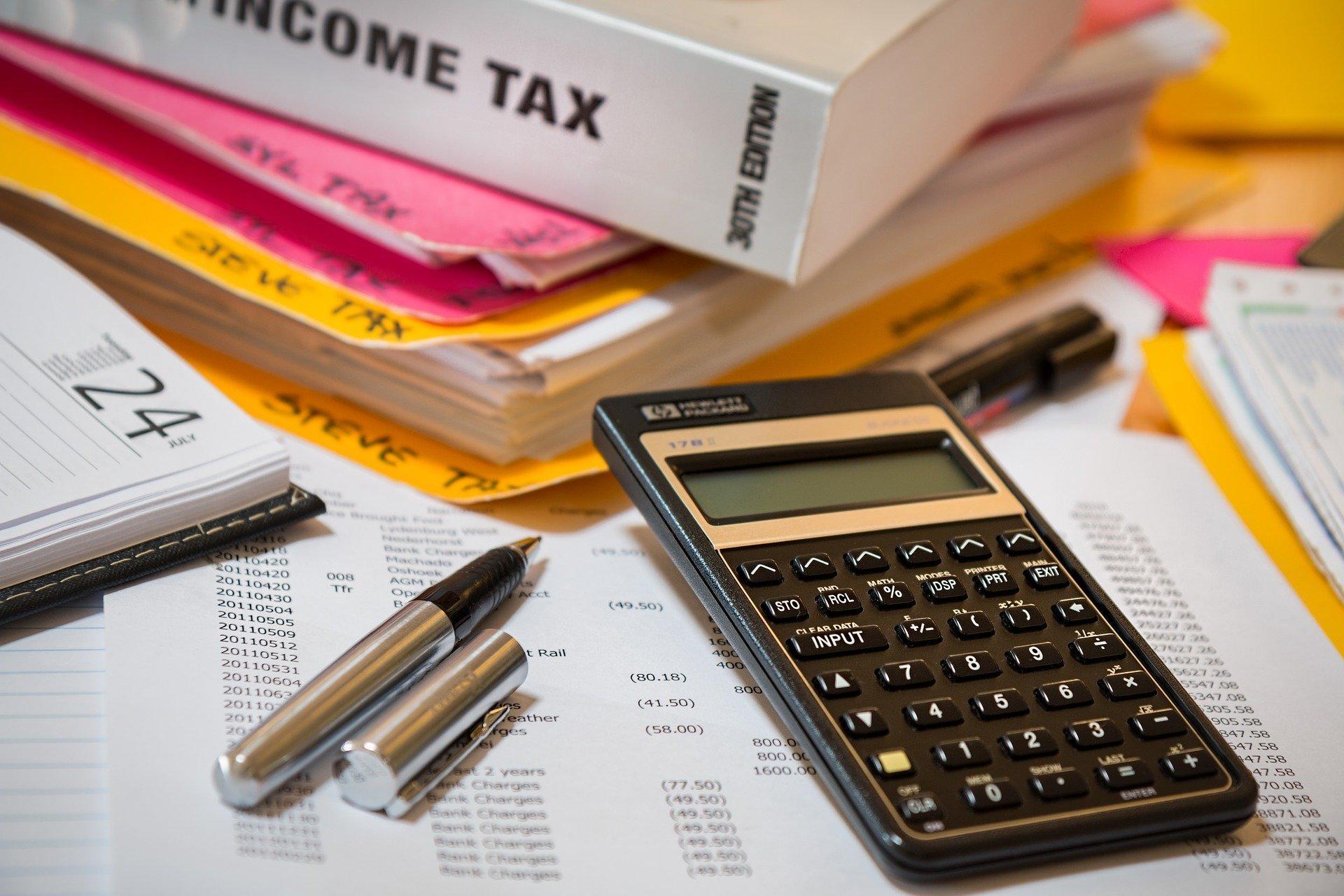
Maths From a Young Age
If we start off by showing children how to use maths, in day-to-day life, even before school, the hope is that they will not be faced with the same anxiety and dislike of the subject as previous generations.
For example, if we look around the average home, school or out on the street and we'll quickly come to notice that numbers are everywhere! From the hours and minutes that are displayed on a clock face to the sequences of numbers on a car number plate, there is a multitude of opportunities for children to apply their mathematical skills to everyday situations, whatever their age.
Children can begin to make their first real-life connections to numbers as they count the number of seconds before they hunt for a friend in a game of hide and seek, or play hopscotch on numbered squares in the playground. Counting, estimating, adding and subtracting are skills that the average child may use several times on any given day.

